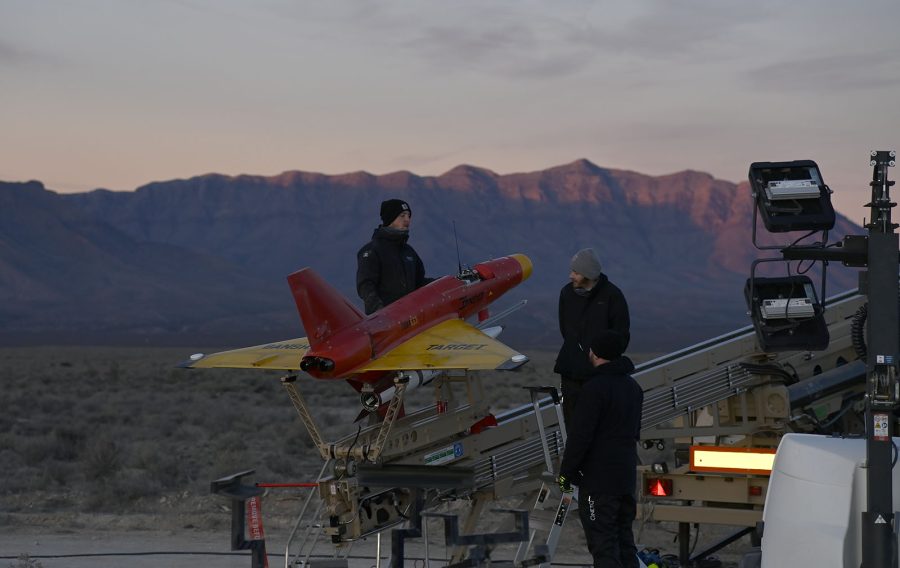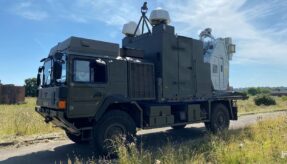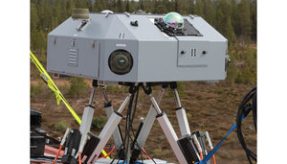
QinetiQ, in partnership with the United States Department of Defense and White Sands Missile Range High Energy Laser Systems Test Facility (HELSTF), has announced the successful flights of the first two Rattler Supersonic Target MkIs.
As part of the High Energy Laser Measurement (HELM) Rattler program and a QinetiQ funded Research and Development project, the flights provided the first data for this design variant of the uncrewed target. It also presented opportunities for the HELSTF Tracking Illuminating Laser System to acquire, track and queue from a supersonic target at a short slant range, aiding the program’s Rattler variant development.
Graham Ollis, Managing Director, Threat Representation, QinetiQ said: “This flight represents an important milestone in the Rattler transition to service project, and demonstrates our supersonic target capability in action for our US customer, as part of the HELM Rattler program, to meet the requirement for evolving threats.”
Owen Price, Project Manager Target Systems, QinetiQ said: “I am proud of the significant progress we’ve made with our development partners and customer in fielding this flight trial. We have been able to showcase QinetiQ’s technical and operational expertise and teamwork, launching the new Rattler ST MkI product and as part of developing the HELM Rattler test and evaluation target system for the war fighter, as requirements for more realistic, instrumented threat representation become ever more important.”
Emulating a variety of advanced missile threats, Rattler ST is a cost-effective supersonic target platform designed for threat replication, operational training and system evaluation. QinetiQ is customising the platform to support the US Department of Defense’s HELM Rattler Program, integrating a third-party target board to measure high-energy laser characteristics in flight, at supersonic speeds. The $10 million (USD) program started in February 2022 and is due to conclude in mid-2024.
QinetiQ’s portfolio of targets are built in line with customers’ requirements to meet the current and evolving threats that they are needing to defend and train against, delivering realistic Threat Representation.
If you would like to join our community and read more articles like this then please click here








